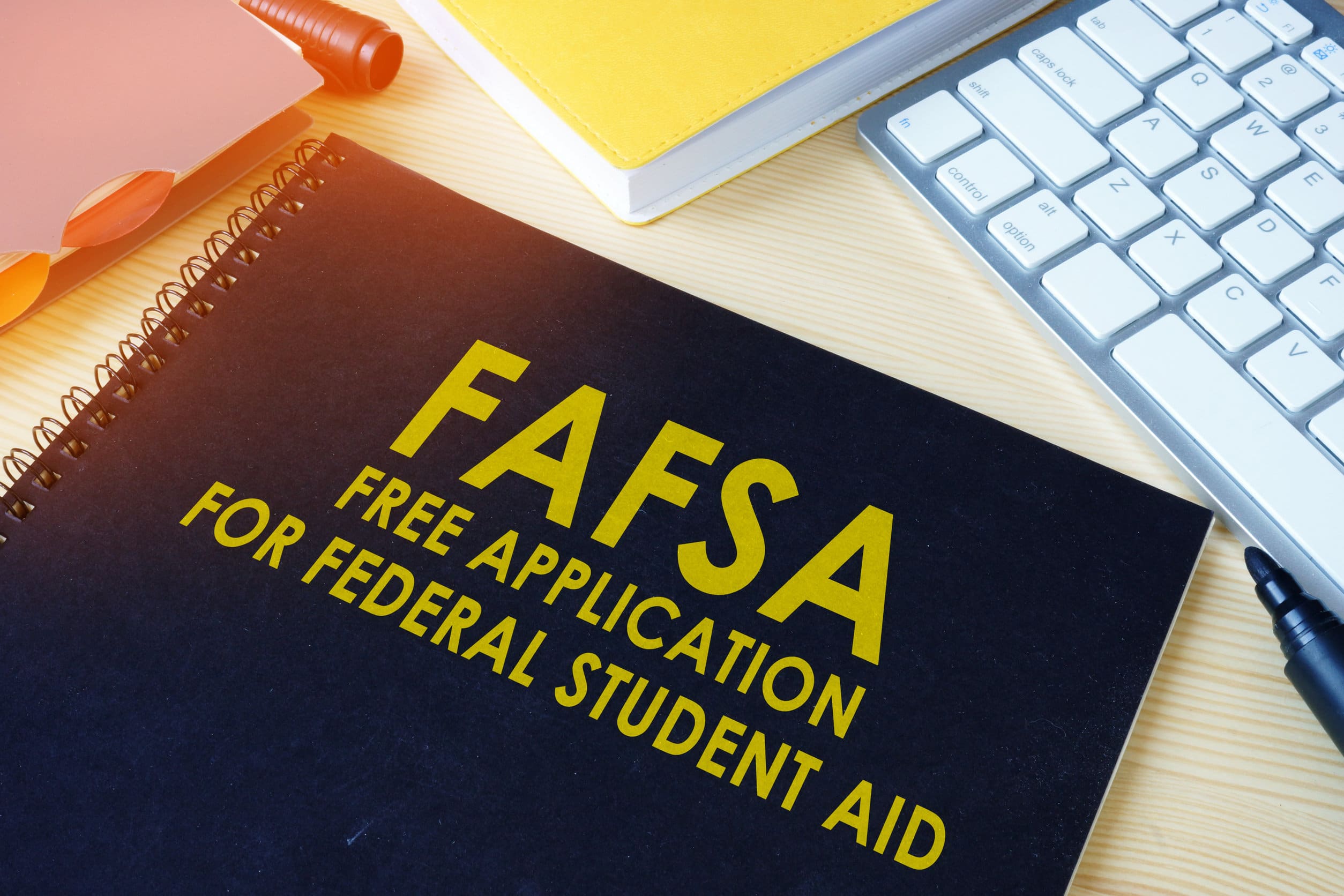Every year in Minnesota and across the United States, students file the Free Application for Federal Student Aid, or FAFSA, to help them pay for pursuits in higher education. This program helps them see if they qualify for any money from the federal government to pay for academic expenses.
While many people know that their eligibility depends on several factors, such as citizenship or family income, what many people don’t realize is that a drug conviction can unfortunately impact your ability to qualify for financial aid through the federal government – perhaps stopping your dreams of higher education in its tracks.
Here’s what you need to know about Minnesota drug convictions and how they can impact your ability to change your future path through education.
Do Drug Crimes Automatically Disqualify You From Financial Aid?
Before you start to panic, take a deep breath and realize: Just because you have a drug conviction on your record does not mean you automatically will be deemed ineligible.
While you are legally obligated to disclose any drug convictions on the application, they will take into account a few factors before they decide if you are ineligible, including:
- If the conviction was for possession or sale of a controlled substance
- When you were convicted of the crime
- If you were receiving financial aid when you committed the crime
- How many times you have been convicted of a drug crime
You will answer these questions on the application form if you have a conviction. You should still apply if you want to try to get federal financial aid.
How Long Will You Be Ineligible?
If you have been convicted of the possession of a controlled substance, it’s likely to impact your financial aid eligibility for at least one year after your conviction. This rule applies if it’s your only conviction.
If you have a second conviction on your record, then you may face a period of two years of ineligibility. The same applies to the sale of a controlled substance – except that you are ineligible for two years after one conviction and indefinitely after two sale convictions. Take note of this important difference.
Is There are Way to Gain Eligibility?
You can have your eligibility reinstated early by the government if:
- You have successfully completed a government-approved rehabilitation program, OR
- You have passed two random drug screenings given by one of those programs
If you have drug crime convictions on your record, then it’s important to be honest when filling out your FAFSA. Remember that this question regarding drug convictions ultimately doesn’t play that large of a role in whether or not you can be approved for student loans.
In fact, state or federal convictions for possession or selling are not treated as they were in the past. You can still be eligible for Pell Grants, federal work-study, federal student loans, and Federal Supplemental Educational Opportunity Grants. And even if you’re incarcerated in a federal or state institution, you may still have some opportunities open to you.
The moral of this story is that, if you are seeking student loans so you can get an education and better your future, don’t let a drug crime conviction hold you back. There are opportunities available to you. You simply need to begin by completing the FAFSA application as fully and completely as possible.
About the Author:
Christopher Keyser is an AV-Preeminent rated criminal and DWI defense attorney based in Minneapolis who is known for fighting aggressively for his clients and utilizing innovative tactics to get the most positive results. He has been featured in numerous media outlets due to the breadth and depth of his knowledge and named a Certified Specialist in Criminal Law by the Minnesota Bar Association. Mr. Keyser is Lead Counsel rated, and he has received recognition for his criminal law work from Avvo, Expertise, Super Lawyers, The National Trial Lawyers, and more.







